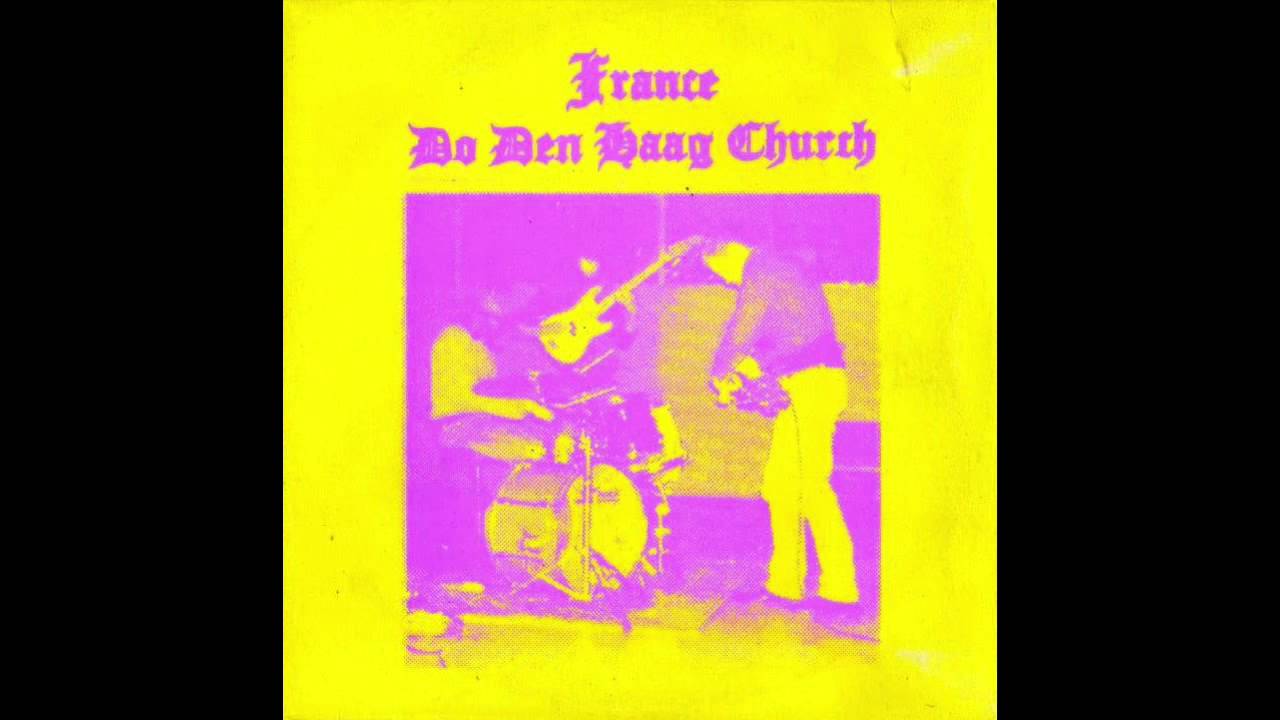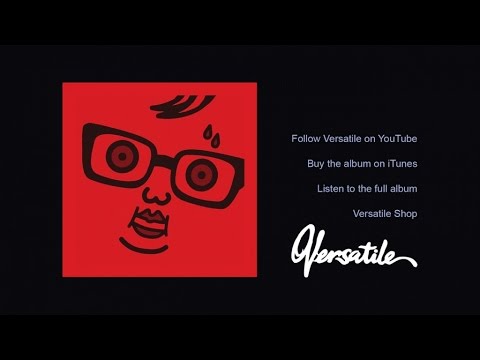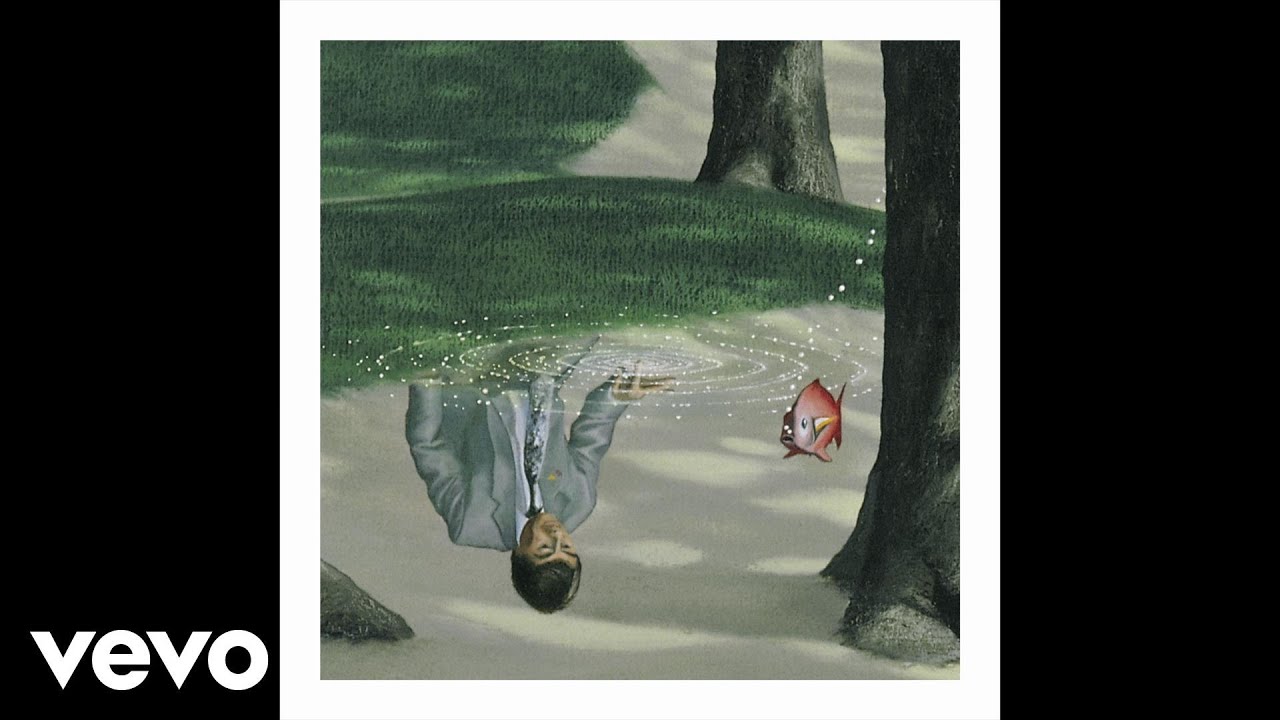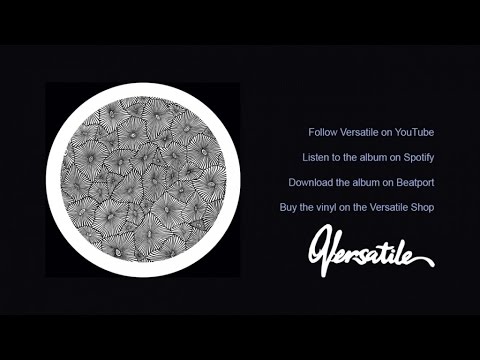Photograph courtesy of Nico M
I’m in the fortunate position of not knowing anyone who came to harm in the Paris attacks, and perhaps I’d feel differently if it had affected me more directly, but still my biggest fear is that fear itself (along with generous doses of political opportunism) will be the spur to further catastrophic policymaking, in France as over here in the UK. As I write this, it also appears to be driving the polarisation of French society, as increasing numbers of voters pull further to the right. In spite of the FN’s all-out defeat in the regional elections (with first-round non-voters turning out to head off the threat, paralleling the 2002 presidential election when Chirac found himself head-to-head with Jean-Marie Le Pen), the party nevertheless tripled its vote relative to the 2010 elections and increased its support between the two rounds, taking it to over 6.6 million votes. Since Marine Le Pen intends to run for the presidential elections in 2017, this is far from over.
Clearly, I can’t solve these issues out in the world, let along in the space of this column. I can, however, share some of this year’s more positive experiences connected to France.
It was only really at St Germain’s show in the splendid Art Deco auditorium of the Troxy on the following Tuesday that what had happened in Paris really struck me. I’d missed the very beginning of the show, when the Paris attacks had been addressed directly (St Germain had played at the Bataclan the night just prior to the attacks), so it was just as I was gazing down from the balcony on an apparently carefree crowd that I had a flicker of… well you probably know, many have most likely had the same thought at gigs in the weeks following. A surge of anxiety, a quick assessment of the available exits, feeling a bit ridiculous, then remembering again that it could happen, it did happen – entirely the desired effect. But the fear was followed by something else. Not the sense that going out, going to gigs, getting battered, has now become in and of itself an act of defiance, I really don’t buy that. It was simply compassion and immersive pleasure, pleasure in pleasure shared, in the power of what author Barbara Ehrenreich calls “collective joy”.
Something similar occurrs watching a French trio called France (not to be confused with a French synth-pop act of the same name) at the Trans Musicales festival in Rennes at the beginning of this month. Using drums, bass and amplified hurdy-gurdy (played by Yann Gourdon, member of the fascinating folk collective La Nòvia), France are one of those groups who use the tools at their disposal to burrow through the discomfort barrier and explore the nuances on the other side. They play one ‘song’ for the duration of their hour-long set, and it’s the most transfixing live experience I’ve had this year.
The rhythmic basis is pretty much the same as on their recently reissued, though still tricky to lay hands on, France Do Den Haag Church album, but this feels like a serious step up. I’m informed that previously the biggest audience they’ve played to is around 200 – here, in one of the aircraft hangers used for the main festival site, the capacity is 3,000. Even though the hall’s not full to bursting (they start at 3.30am), this is almost certainly the broadest canvas the band have ever had. It’s a performance of intense physical and mental focus, no more so than for drummer Mathieu Tilly who maintains the steady bedrock throughout. The group find a compromise between their favoured set-up – turned in to face each other – and a more welcoming stance befitting of the space; bassist Jeremie Sauvage is sideways on for most of the time, while Gourdon wheels around the left and centre of the stage. Even with his back to us he seems to be communicating with his hips. His distorted hurdy gurdy plugs France’s sound into the country’s history of folk music and popular festivities, of communal trance. You don’t need to actually be tripping balls for the auditory illusions to start coming thick and fast, great trumpet blasts and keening voices bleeding through the high frequencies. Some light years later, Gourdon solos alone on stage for several minutes as this exhausting, exhilarating show comes to a close. Those who’ve stayed for the duration know they’ve shared something, however disparate the phantom forms each might have discerned in the midst of the howls and groans. Gigs like this you leave feeling you’re not quite the same person who went in, even though you’d be hard-pressed to pinpoint precisely what has changed. One certainty remains at least, that there is still a France we can believe in.
You can currently watch the whole show here.
Low Jack, High Wolf, In Paradisium
This has probably been the strongest year yet from producer Philippe Hallais, who, not content with turning out the rust-bucket techno of his Sewing Machine album, described elsewhere on tQ as “eight tracks of unremitting violence and sleaze”, is also half-responsible for the slightly less noisy but more fidgety Glass Mountains EP on Trilogy Tapes and an unexpectedly quirky dub remix of Etienne Jaumet. And I’ve already mentioned his own Editions Gravats labels, which gave us Black Zone Myth Chant’s Mane Thecel Phares. BZMC also goes by the name High Wolf, who released his own career-best album Growing Wild, spilling over with afro-cubist jams, in June. And the label that released Sewing Machine, Mondkopf’s In Paradisium, continued to provide a haven for challenging experimental techno from home and abroad. I’ll be returning to the latter in more depth in the new year.
Arlt, Eloïse Decazes & Delphine Dora
France’s finest absurdist folk duo expanded their horizons this year by cementing their relationship with Thomas Bonvalet and inviting Holden guitarist Mocke into the fold. Even though the core has remained the same – Sing Sing’s steady chopping rhythm guitar and mingling with Eloïse Decazes’s cosmically distracted, aristocratically haughty tones; the truest descendent of Brigitte Fontaine, a drunken duchess singing in the garden at dawn, serenading the rhubarb which “stands erect in the mist” – the newer recruits’ embellishments add just the right notes of delicacy, or indelicacy, where required. The album they’ve made together, Deableries, may leave red wine stains on your carpet.
Decazes also joined forces with Delphine Dora this year for an exquisitely plangent album of folk songs originally written and collected by Italian composer Luciano Berio.
Natural Snow Buildings, Sourdure And Badaboum
A loose grouping here of some of the most spooked sounds to emerge blinking and coughing over the past year. The cult of drone-folk duo Natural Snow Buildings has been building for some time and Terror’s Horns has all the creeping unease and pagan awe you could wish for. Sourdure’s La Virée’ is a genuinely and refreshingly odd melange of Occitan folk and lo-fi experimental techno, one of the year’s genuine outliers. In a different manner to France, it creates a very French kind of trance music. Badaboum’s first album has a more garage-y basis but is heavy on chanting, screeching and dusty horror-film ambiance, performed by assorted members of groups Headwar, The Dreams and the frankly unhinged Dudu Geva.
Pierre Bastien
I’ve managed to catch Bastien live twice this year, first at the Printemps de Bourges festival as a duo with Emmanuel Parrenin, Motus, and later on the beach in Ramsgate as part of the inaugural Contra Pop Festival, presenting his Silent Motors show. Both times the modus operandi was essentially the same. Each piece is composed of a loop of found musical footage in black and white – a pianist playing a few bars, say – and the amplified sound of one of his musical contraptions (which is partly in sympathy with, partly scratching and chafing against the found loop), over which Bastien, or Bastien and Parrenin, improvise with a variety of standard or modified instruments. The silhouette of the mechanical instruments in motion, the frames, cogs and pulleys, lays over the vintage footage projected behind. For once, the term dreamlike is absolutely fitting. Bastien’s latest album, Blue As Orange, is derived from the Silent Motors shows, but builds on it – the lack of visual stimulus in compensated for by a greater number of transitions and variety of texture. But he sounds as beautifully cranky as ever, and like absolutely no-one else.
Filamotsa
It’s reassuring to look at album credits and find the guitar credited to Olivier Mellano – the compulsive collaborator tends to elevate most projects he’s attached to. On Filamotsa’s Like It Is, his lines sound like they’re being wrestled and wrung out of the guitar. Filamotsa is a floating collective based around Philippe Orivel (violin) and Anthony Laguerre (drums). As well as Mellano, the pair drafted in GW Sok – ex of The Ex – on vocals, alongside additional horns and strings. There’s a distinct taste for high drama which is tempered by the cherry wood gnarliness of the guitars and Sok’s commonplace observations like “the bus is late, I’m not surprised, the rain is wet and supersized.”
Fishbach
‘Mortel’, from Fishbach’s debut EP on Entreprise (also home to Moodoïd, Bagarre, Grand Blanc and Jérôme Echenoz), is of course in thrall to French 80s radio hits where the carapace may have been new wave synths, a little spikiness adopted from punk, but the essence remained true to French chanson in their wordiness and melancholy. There are undeniable echoes of Christophe and Alain Chamfort from that era, Desireless, Niagara and Jeanne Mas, but captured so well, and with songwriting so convincing, that it becomes undeniable. But ‘Mortel’ also seems somewhere to recognise its own vampiric quality, the poignancy doubled by the fact that it’s out of time and out of joint.
I:Cube & The Explosion
Aside from the excellent Five Steps album I wrote about earlier this year, the Versatile label also gave us two other superb releases. The ever-intriguing I:Cube’s VER105 EP with “sounds to suit different moods and activities” is a compelling departure. With its rough, metallic percussion and snatches of (possibly) field recordings, ‘Prepgav I’ and ‘Prepgav II’ sound like a soundtrack for hanging round an abandoned industrial port, whereas the mellower ‘A Walk With You’ is presumably I:Cube’s offer of accompanying you on a stroll via your headphones. Versatile label boss Gilbert Cohen also delivered with his The Explosion project and album, at the very fruitful intersection of Labradford-style post-rock, ambient techno and Robert Fripp-ery. It’s warm, enveloping but sufficiently alien to keep you keep you alert throughout the journey.
Dr Drone
In February, I wrote about the post-’68 generation of independent artists influenced by free jazz, progressive rock and the possibilities of electronics. Dr Drone, whose members include saxophonist Guillaume Perret – more often found in the company of his jazz group The Electric Epic – slots unabashedly into that lineage. One the Lyrebird album, there’s no holding back on the jazzy space-rock ambitions, especially as the musicians have the chops to back it up. The second ‘side’ features only the title track, which is just shy of 22 minutes long. But the achievements of Lyrebird, as befits its title, are primarily lyrical rather the technical, prowess often at the service of texture, melody and open, flowing structures.
Colleen & Emilie Levienaise-Farrouch
Paris-born Lievenaise-Farrouch is a new signing to Fat Cat and the last of these releases I’ve heard this year. On Like Water Through The Sand reasonably straight but undoubtedly elegant contemporary-classical pieces share space with the loop-based work – as on ‘Tulsi’ – and a few compositions employing delicately rippling delay.
Colleen has already featured in tQ albums of the year so it merely behoves me to reiterate that Captain Of None is close to being her masterpiece, with only a couple of tracks feeling a little underdeveloped by comparison to the tingle-inducing ‘This Hammer Breaks’, ‘I Am Kin’ and ‘Eclipse’.
And that’s it for 2015. This was not a best of the rest, more an indication that the French underground is as fertile as any time since the 70s. That’s something to be grateful for, and reason enough to retain a smidgeon of optimism about the coming year.







